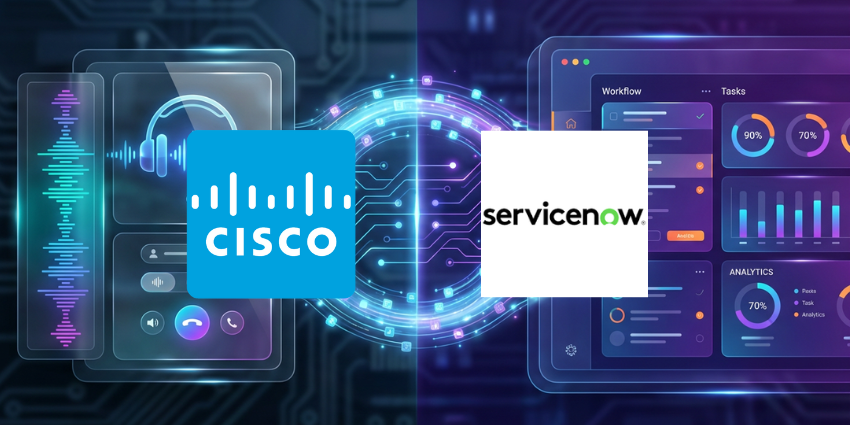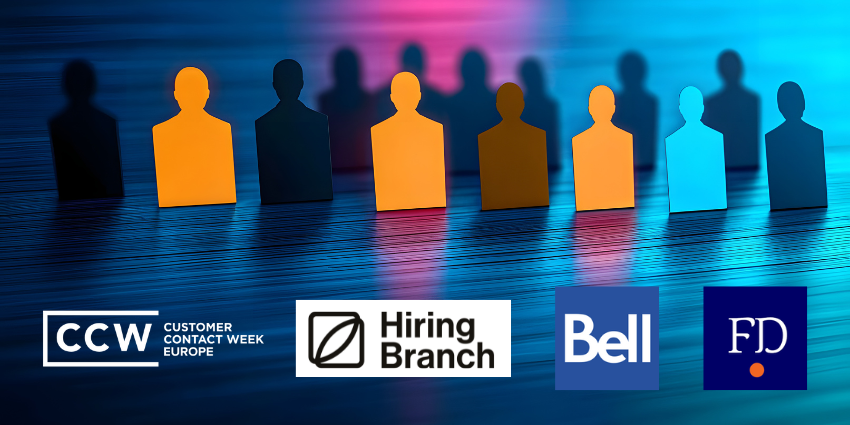Two US senators have proposed a bill that forces contact center agents to immediately disclose their location and/or whether they’re AI.
The bill would then make the agent, human or AI, transfer the contact to a US-based call center if the customer requests it.
Senators Ruben Gallego (Democrat) and Jim Justice (Republican), who introduced the bill, hope it will protect the approximately three million contact center reps employed in the country.
That’s the current figure from the Bureau of Labor Statistics (BLS), which suggests that the US call center industry could lose 150,000 jobs by 2033.
Yet, the impact of AI may be even greater, with Sam Altman, CEO of OpenAI, recently evangelizing over a future where human customer service is “totally, totally gone.”
The “Keep Call Centers in America Act of 2025” aims to end that doomsday talk.
As Justice stated: “When folks pick up the phone and ask for help, they shouldn’t have to deal with AI robots or be routed to someone across the world.
This bill puts American workers first and ensures people can talk to a real person who understands them when they need help.
The US government has repeatedly discussed the negative implications of AI in customer service, with former President Joe Biden slamming “AI doom loops” last year.
Whether jabbing the number zero or shouting “agent” into the phone, these doom loops have become all too familiar, and they’re irritating consumers.
Indeed, 70 percent of Americans now feel it’s “frustrating” to interact with automated phone systems instead of live support reps, according to a Data for Progress study.
Citing that statistic, Gallego believes the bill not only protects jobs but also consumers.
“If you’re calling customer service, chances are your day isn’t going great,” he said. On those frustrating days, you should be able to talk to a real human being right here in the US.
My bill will encourage companies to keep their call centers in the U.S. and require that they tell you up-front if you’re talking to an AI bot, protecting American jobs and making your day easier.
The word “encourage” is perhaps a little understated, as there could be serious consequences for those businesses that don’t play ball…
What Happens If the Bill Goes Through?
If passed, the Keep Call Centers in America Act of 2025 will mandate businesses to notify the Department of Labor (DOL) a minimum of 120 days before outsourcing customer support oversees.
All those that do so will find their names on a public list of employers offshoring call center jobs.
Every company on the list will stay there for five years, unless they relocate an equal or the same number of contact center jobs back to the US. They may also amend their outsourcing contracts to require their partners perform the work in the US.
Once on the list, employers become ineligible for new federal grants and guaranteed loans. Those on the list with existing awards will have to pay a monthly penalty. Worse still, if the employer is on the list one year after the first penalty, the government could cancel the award altogether.
Additionally, government agencies will be required to give preference to companies that don’t appear on the list when awarding federal contracts, requiring all contracted contact center work to be performed in the US.
However, the bill will only apply to businesses with 50 or more full-time employees, aggregating at least 1,500 hours per week.
The Hot Take: This Is an Opportunity to Rethink Service Models
The Communications Workers of America (CWA) has endorsed the bill, calling it a “much-needed” legislation to protect US customer service jobs from the threat of AI and offshoring.
As for the consumer benefits, Justin Robbins, Founder & Principal Analyst at Metric Sherpa, states that his research found US consumers value three things above all else when seeking help: speed, clarity, and control.
“They don’t start the interaction wondering where an agent is sitting,” said Robbins. “They care about how quickly and clearly their issue gets resolved.
The Keep Call Centers in America Act has the potential to help by retaining experienced talent closer to the customer and giving people the right to bypass AI or request a US-based agent. That’s a win for transparency and consumer choice.
However, Robbins did warn that enforcing a specific location and human support alone doesn’t guarantee a better experience.
For instance, AI often automates the beginning of a call, takes the load from human agents, and sets them up for better conversations. By immediately passing onto a live agent, human reps may end up doing more heavy lifting, slowing down the resolution.
“If compliance requirements slow resolution, or if companies avoid using AI even when it could improve speed and accuracy, frustration will remain high,” continued Robbins.
“The legislation will succeed only if companies use these guardrails to actively improve resolution quality, not treat them as a box‑ticking exercise.
The reality is that offshoring and automation aren’t inherently bad for customers. Poor execution is.
That said, Robbins acknowledged that the bill creates an opportunity to reset service models around what customers actually want: fast, clear, low‑effort resolutions.
“The companies that focus on that will come out ahead,” he concluded.







